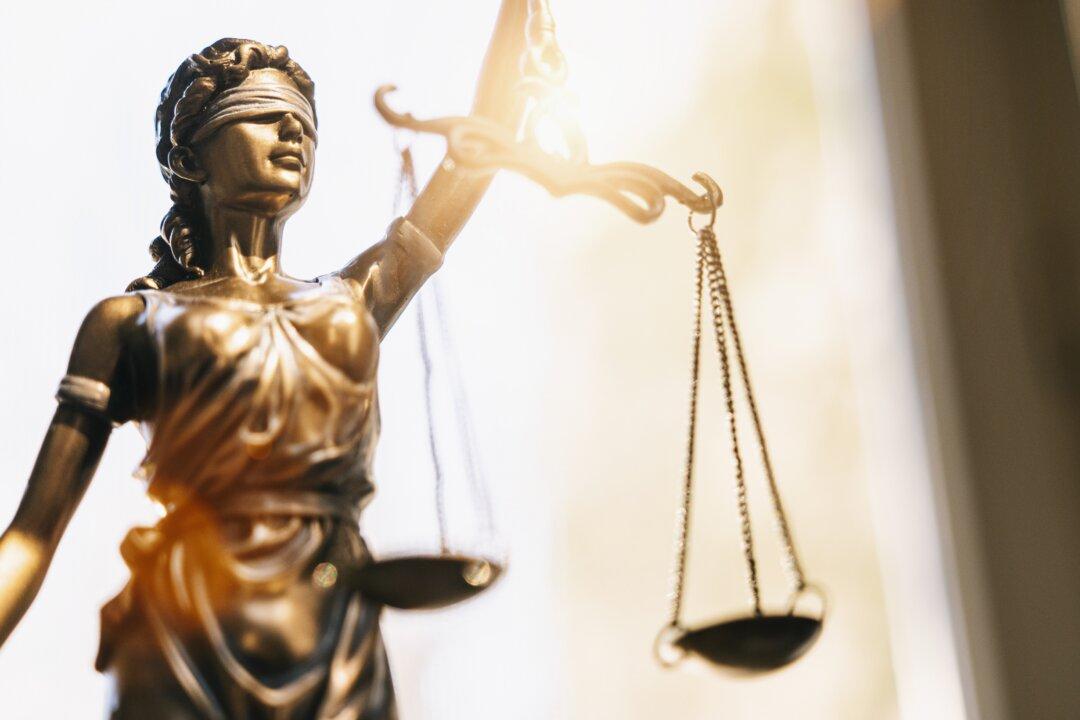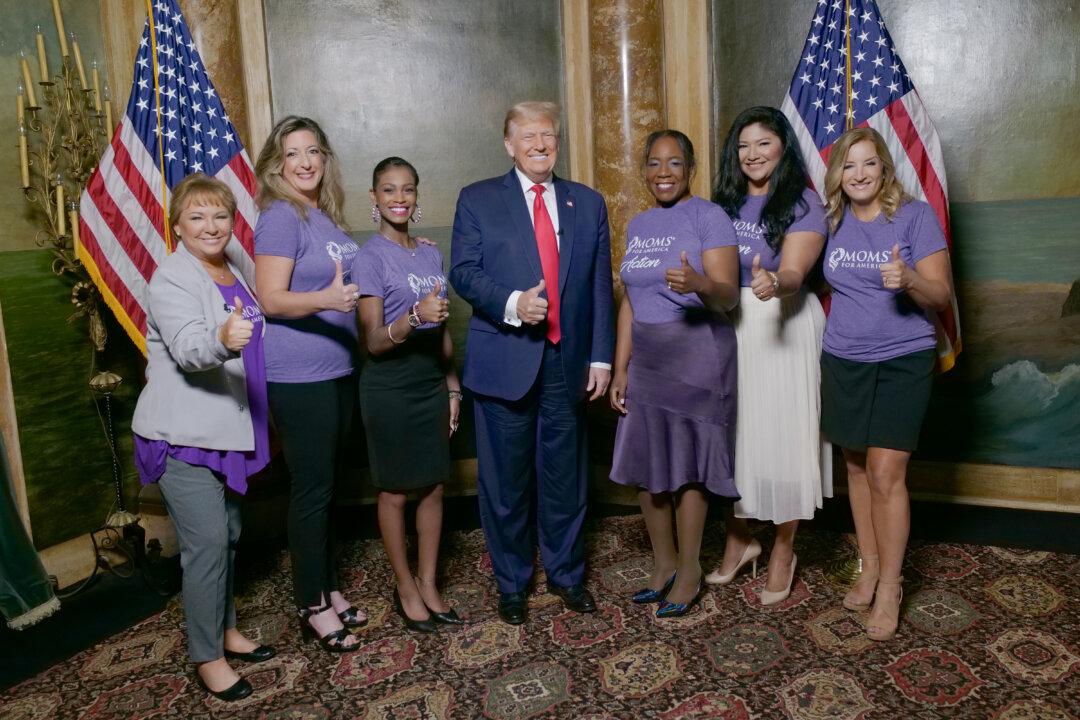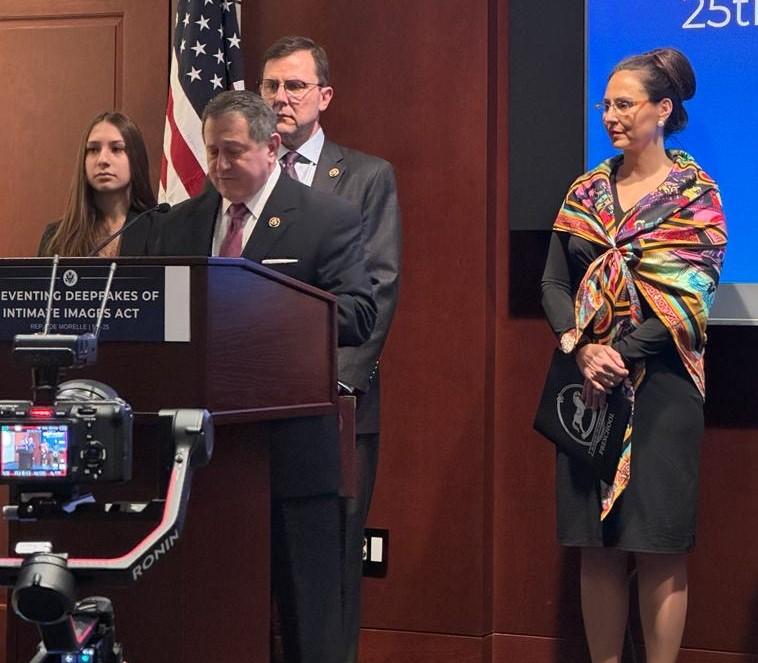A broad-ranging and growing progressive movement in U.S. legal education and higher education is upending and reforming policies and practices in pursuit of increasing diversity in student bodies, as The Epoch Times reported recently.
In the legal education sector, the movement is one in which some of the most prestigious law schools, and the American Bar Association (ABA), which accredits the nation’s law schools, are aligned.





